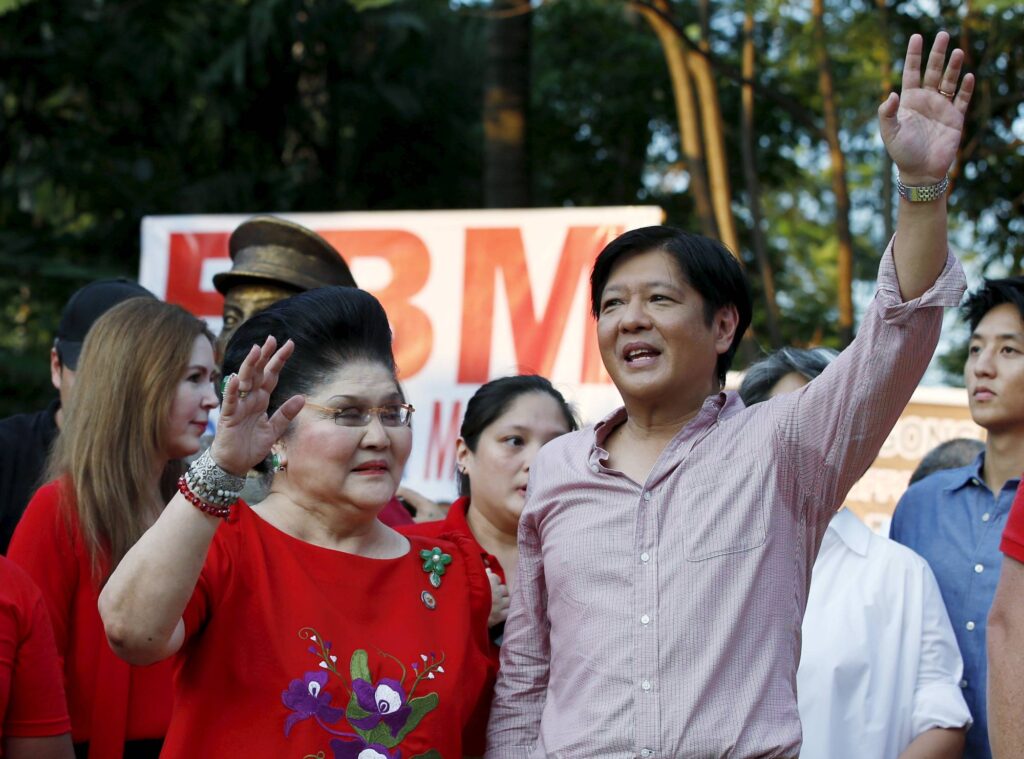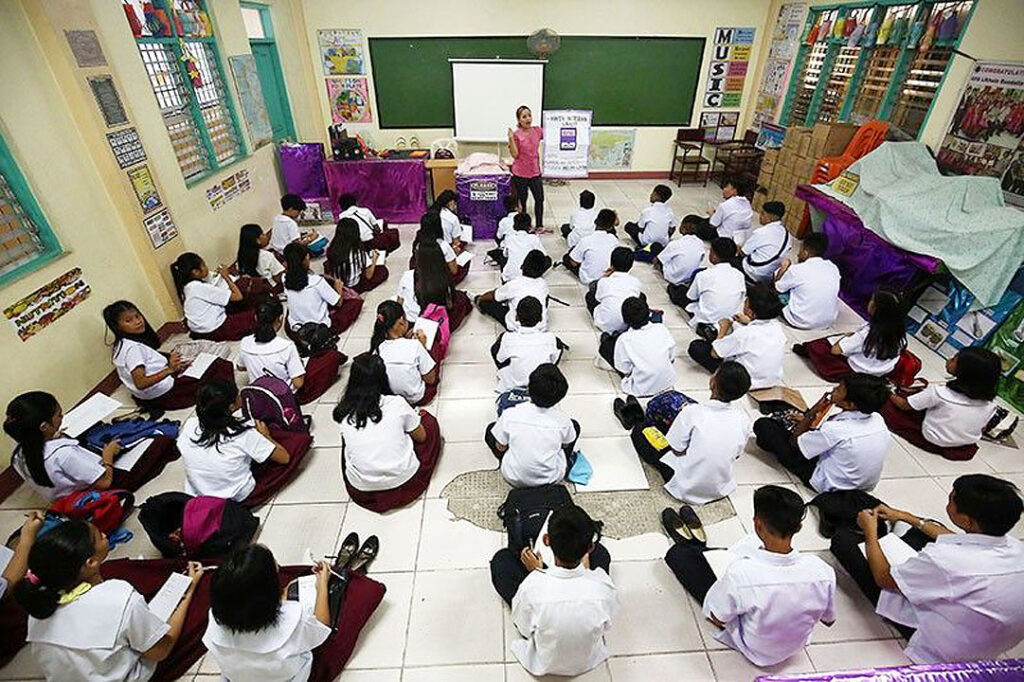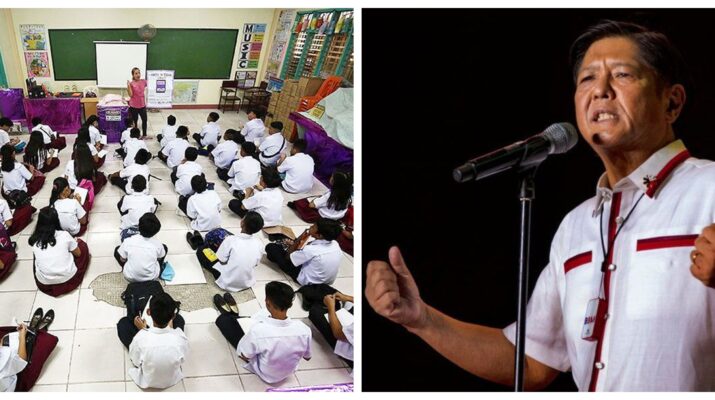Under a new directive from the Office of the President, public servants and school students will be asked to recite the “Bagong Pilipinas Hymn and Pledge” during their weekly flag ceremonies. The “Bagong Pilipinas” (English: New Philippines) slogan refers to the style of governance that the administration of President Ferdinand “Bongbong” Marcos Jr. has adopted.
It is unclear what Bagong Pilipinas means exactly, but the same government memorandum states that the slogan is “characterized by a principled, accountable and dependable government.” The move seeks to “further instill the principles of the Bagong Pilipinas brand of governance and leadership among Filipinos” by directing all national government agencies and instrumentalities, including government-owned or -controlled corporations (GOCCs) and educational institutions to integrate the recital of the Bagong Pilipinas Hymn and Pledge in the conduct of their weekly flag ceremonies.

Regular flag ceremonies are crucial in inspiring nationalism and patriotism among Filipinos, but the Bagong Pilipinas mantra refers specifically to the Marcos administration. It is also suspiciously reminiscent of the “Bagong Lipunan” (English: New Society) propaganda that his father, the former President Ferdinand Marcos Sr., popularized during the Marcos dictatorship of the 70s and 80s.
It is those parallels with his late father’s propaganda efforts that raised concerns with Marcos Jr.’s recent move requiring students and public servants to pledge to the Bagong Pilipinas brand. Could the younger Marcos be employing the same tactics his father used that eventually led to a dictatorship in the Philippines?
With such directive, millions of school learners and Filipinos working in the public service will be inculcated with Marcos Jr.’s brand of governance regularly. As observers of Philippine politics would attest, the most potent tool in winning elections in the country is name recognition; Marcos is effectively ensuring that his own political brand is in the minds of majority of the population.
While this presidential directive should cause concern, it is not surprising that Marcos Jr. initiated such a move. Two years after his landslide victory in the 2022 presidential election, the incumbent head-of-state has seen his popularity rating swiftly decline.

In April, Marcos Jr. suffered a double-digit decline in his approval ratings while his vice president, Sara Duterte, also saw her own trust rating decline by seven points. It would have been anxiety inducing for the administration to accept that they were already starting to lose favor with the Filipino people even before the midway point of their term.
Further adding to Marcos Jr.’s problems is that he and his deputy are starting to lose favor with each other as well. Since the start of the year, the Duterte political clan – of which Vice President Sara is a member of – have become openly critical of the President and his administration.
Bongbong’s predecessor, who also happens to be VP Duterte’s father – Rodrigo Duterte – publicly accused the sitting Chief Executive of being a drug addict. His son and Sara’s brother, Davao City mayor Sebastian Duterte, even went as far as to call for Marcos Jr.’s resignation.
This despite the Duterte political dynasty throwing their support for Marcos Jr. at the last presidential election. But like rats on a sinking ship, the family are now distancing themselves away from the President – undoubtedly influenced by the latter’s failing popularity.
With a plethora of problems threatening his ability to hold onto power, it is no surprise that Marcos Jr. has resorted to propaganda and indoctrination to give his administration a fighting chance at the upcoming midterm election in 2025. It is a disgraceful move that exposes Marcos’ desperation to keep hold of power, and only time will tell how successful such a move will be for his political survival.

